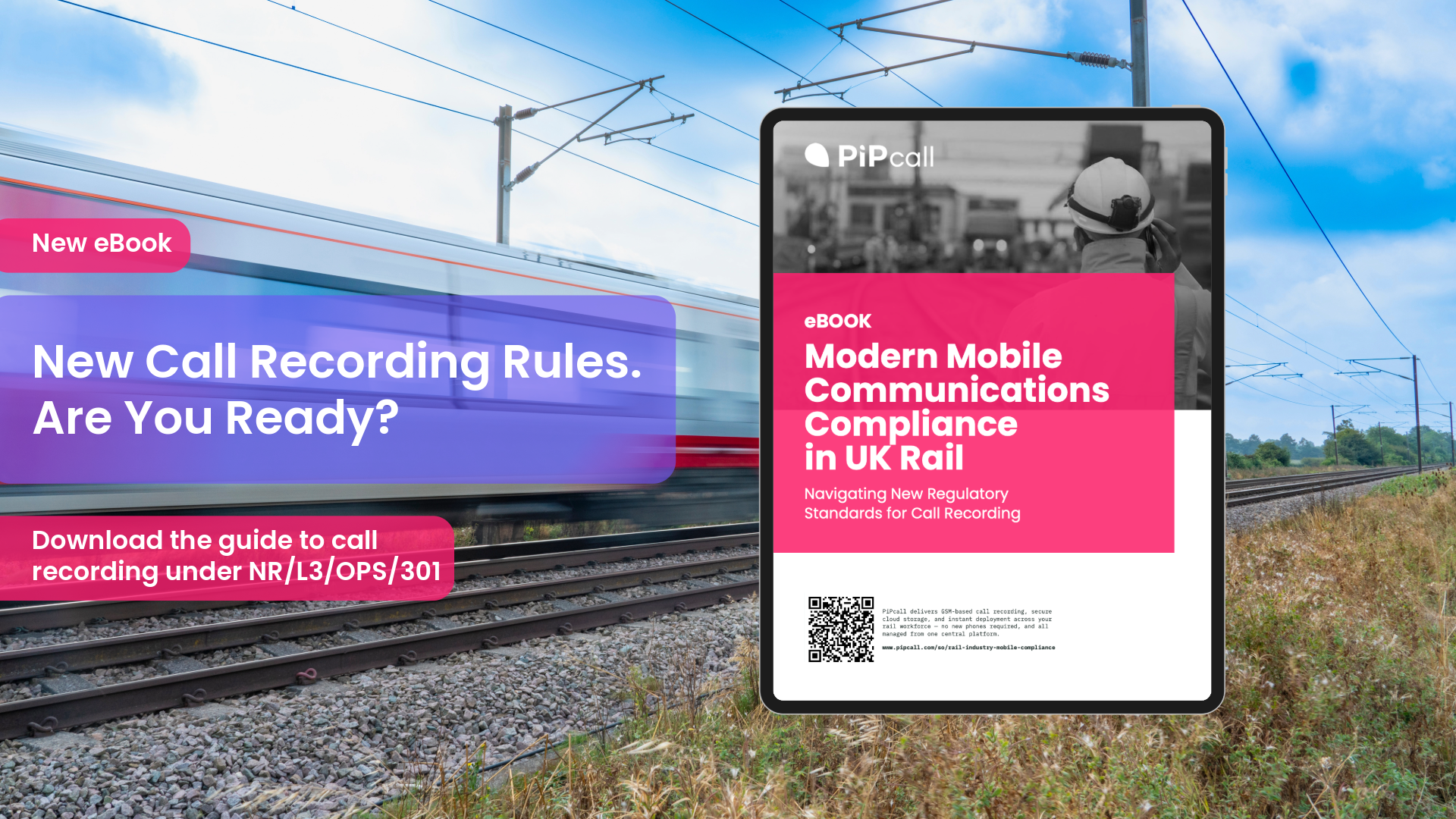As of 2025, public Wi-Fi remains a ubiquitous convenience for travellers. However, certain locations have been identified as particularly risky due to increased cyber threats. Based on news reports from 2024, here are the top places where using public Wi-Fi poses significant risks.
The Top 5 Riskiest Places to Use Wi-Fi in 2025
1. Major Transportation Hubs
Airports and train stations are prime targets for cybercriminals due to the high volume of travellers seeking internet access. In September 2024, Wi-Fi services at 19 major UK train stations, including London Euston and Manchester Piccadilly, were suspended following a cybersecurity incident where users were redirected to malicious webpages.
.png)
2. Hotels and Accommodations
While many hotels offer complimentary Wi-Fi, the security of these networks can vary. In some cases, networks are poorly secured, making it easier for hackers to intercept data. Travellers should exercise caution and avoid accessing sensitive information over hotel Wi-Fi.

3. Cafes and Restaurants
Popular spots like cafes and restaurants often provide free Wi-Fi to attract customers. However, these networks are typically unsecured, allowing cybercriminals to set up malicious hotspots or conduct man-in-the-middle attacks to steal personal information.

4. Public Transportation
Buses and subways that offer Wi-Fi services can be vulnerable to cyber threats. The transient nature of these environments makes it challenging to maintain secure networks, increasing the risk of data interception.

5. Tourist Attractions
High-traffic tourist areas often provide public Wi-Fi to enhance visitor experience. However, the convenience comes with security trade-offs, as these networks can be targets for hackers looking to exploit unsuspecting tourists.

Safety Recommendations:
• Use Secure Connections: Always look for the lock symbol or “https” in the website address bar to ensure a secure connection.
• Employ a VPN: A Virtual Private Network encrypts your internet connection, providing an added layer of security on public Wi-Fi.
• Disable Auto-Connect: Prevent your device from automatically connecting to available Wi-Fi networks to avoid inadvertently joining unsecured or malicious networks.
• Limit Sensitive Transactions: Avoid conducting financial transactions or accessing sensitive information while connected to public Wi-Fi.
• Keep Devices Updated: Ensure your devices have the latest security updates and patches to protect against known vulnerabilities.
By remaining aware of the risks associated with public Wi-Fi in these locations and following best practices, travelers can better protect their personal information and maintain cybersecurity during their journeys.
Stay Connected – Without the Risk of Public Wi-Fi
While public Wi-Fi may seem like a quick fix, it often opens the door to serious security threats — from data interception to fake hotspot attacks. That’s where PiPcall’s travel eSIM solution comes in.
With PiPcall, business travellers no longer need to rely on unsecured Wi-Fi at airports, hotels, or cafés. Instead, they get secure, mobile data access through an eSIM that connects directly to trusted cellular networks in the destination country. No SIM swapping, no unsecured networks, no guesswork.
PiPcall’s travel eSIMs offer:
• Instant, encrypted mobile data – bypass risky Wi-Fi entirely
• Remote deployment and management – ideal for IT teams managing a mobile workforce
• Flexible plans with real-time monitoring – so usage stays secure and predictable
• Protection for personal and corporate devices – especially when employees use personal phones for work abroad
For businesses, it means fewer support tickets, tighter data control, and safer international operations.
For travellers, it means peace of mind — and no more hunting for (or falling for) the nearest “Free Wi-Fi” sign.



.png)


